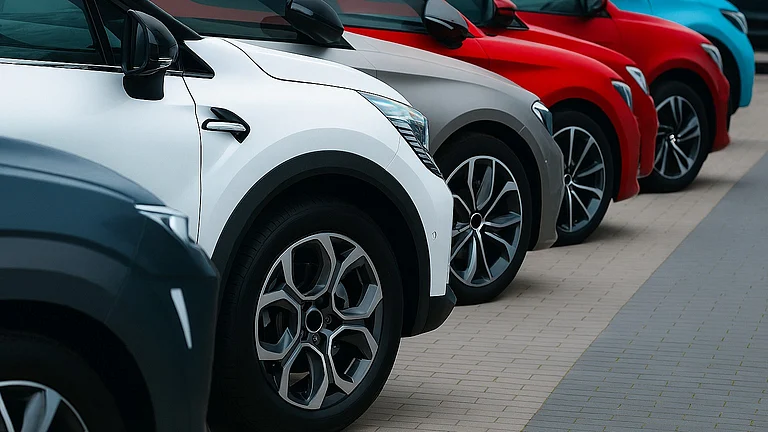
Japanese automakers shift focus to India, reducing reliance on China’s supply chain.
Toyota, Honda and Suzuki plan $11 billion investments to boost manufacturing.
Low costs, skilled labour and policy incentives drive Japan’s auto pivot to India.
Toyota aims 10% India market share, expanding hybrid and EV production locally.
Amid Japanese automakers’ consistent efforts to reorganise supply chains in order to reduce dependence on China, auto majors like Toyota, Honda and Suzuki are spending billions of dollars to build new cars and factories in India, marking a sign of the country's growing significance as a manufacturing hub.
Toyota, the biggest carmaker across the globe and Suzuki, the company which leads the Indian market with nearly a 40% share has announced separate investments rounding up to $11 billion, in order to ramp up manufacturing and export capabilities in the world's third-largest auto market.
Last week, Honda said that it will make a base for the production and export of one of its planned electric cars. For manufacturers, the low costs and vast labour pool in India have been a major attraction.
However, now Japanese automakers are accelerating their operations as they pivot away from China, both as a market and a manufacturing base, according to multiple industry executives. In addition to that, India remains all but closed to Chinese EVs, so Japan's carmakers won't face bruising competition from BYD and others there.
In China, a price war among Chinese EV makers has made it difficult to turn a profit. Further adding to this, Chinese carmakers are now expanding overseas and snatching market share from Japanese rivals in Southeast Asia.
Speaking to Moneycontrol, Julie Boote, autos analyst at Pelham Smithers Associates in London said, "India is a good choice as a replacement market for China."
"For the time being, the Japanese think it's a much better market because they don't have to deal with the Chinese competitors," she further noted.
Other draws include the improved quality of India's manufactured goods, and incentives from Prime Minister Narendra Modi's government, executives noted.
Toyota and Suzuki each have majority ownership of their India units and Honda owns 100% of its business there.
At a time when Japanese automakers accelerated their investment in India, they cooled on China: direct investment in China's transport sector saw an 83% decrease over the same period, to 46 billion yen last year.
Currently, Toyota is working with Japanese and Indian vendors to keep costs low and expand production of hybrid components. India is one market where it saw tight supply of hybrid parts amid a surge in demand this year.
An executive at a major Toyota supplier said," It has localised its offerings, it is no longer about global specifications but about local ones.”
The Japanese automaker plans to launch 15 new and refreshed models in India by the end of the decade and deepen its rural network, a Reuters report mentioned last week. It aims to have 10% of the passenger car market before the end of the decade, from 8% now.
While attending the Japan Mobility Show last week, Toyota President Koji Sato told reporters, "The Indian market is extremely important and is set to grow in the future.”



































